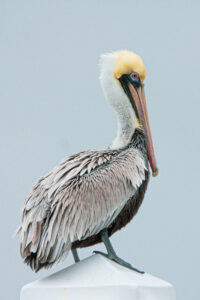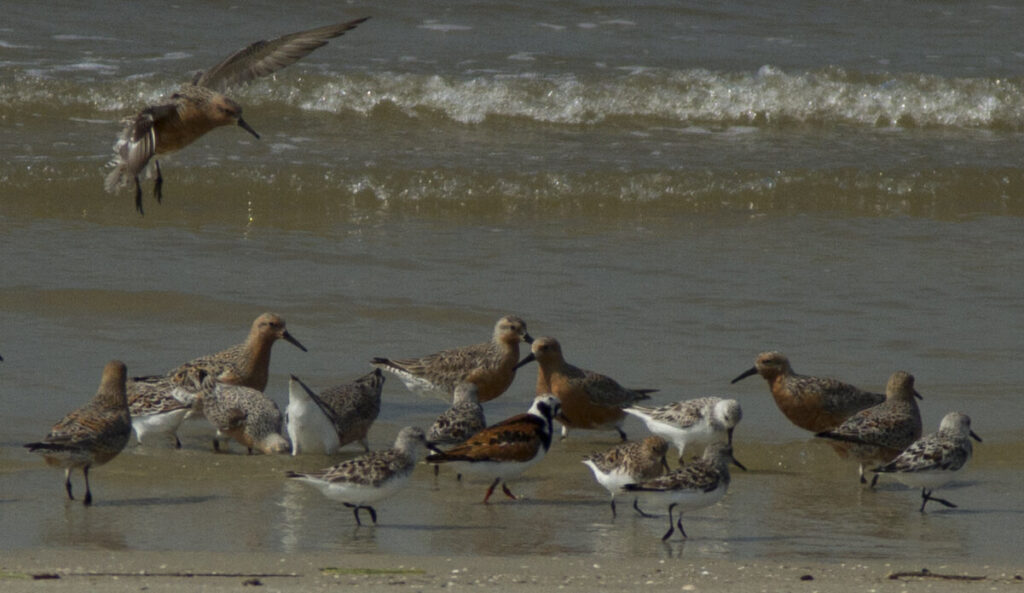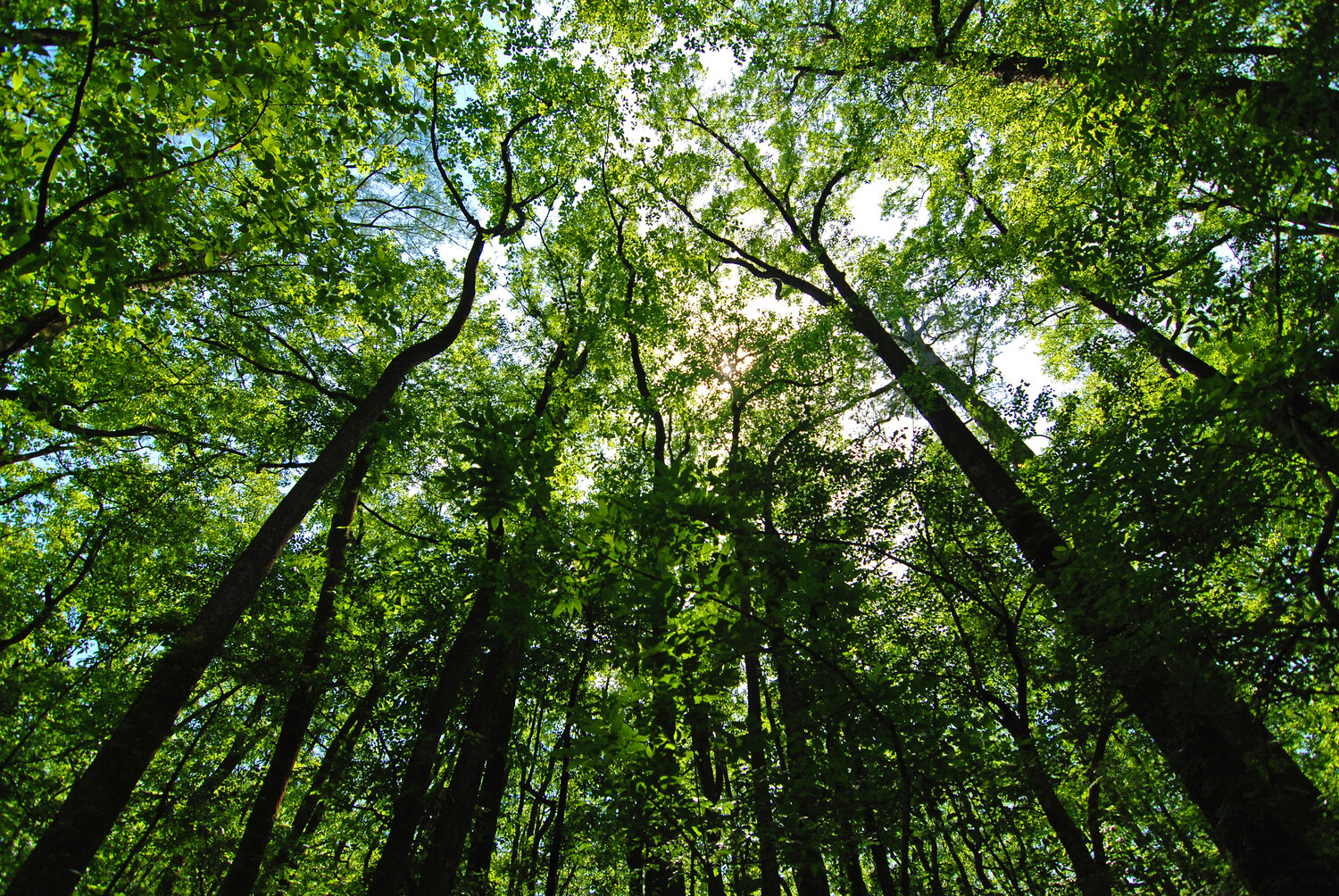
Keep South Carolina Wild
April 02, 2021
US Army Corps of Engineers on Track to Restore Crab Bank Seabird Sanctuary
By Brantley Bissette, SCWF Education Outreach Intern

Scheduled to start in September of this year, the US Army Corps of Engineers (COE) is set to restore a critically important shorebird nesting habitat in South Carolina.
Crab Bank is a stretch of sand sitting just below the mouth of Shem Creek in Charleston Harbor, the result of dredging operations in the 1950s. One of five seabird sanctuaries owned and managed by the South Carolina Department of Natural Resources (SCDNR), it historically served as an optimal nesting habitat for species including black skimmers, royal terns and brown pelicans. It also hosted threatened red knot and other migratory shorebirds that utilize the state to rest and refuel during their spring migration. South Carolina hosts the largest concentration of red knot in the southeast. The sanctuary had hosted upwards of 5,000 seabird nests per year. Unfortunately, Crab Bank has slowly disappeared in recent decades and, in 2017, Hurricane Irma washed away all that remained of its suitable nesting habitat.
In 2017, working with the South Carolina Department of Natural Resources and environmental organizations, the Charleston Harbor Post 45 Deepening Project identified Crab Bank as a possible recipient of suitable newly dredged material as part of the COE’s efforts for beneficial uses of dredged material. Because placement here would be less cost-effective than the originally proposed offshore dumping site, SCDNR and several environmental agencies met and formed the Carolina Coastal Bird Conservation Fund to cover the expense of this and other future efforts to benefit shorebirds. A grant from the National Fish and Wildlife Foundation was developed and awarded to Audubon South Carolina that supplemented community fundraising efforts by SCDNR, Coastal Conservation League, South Carolina Wildlife Federation, Coastal Expeditions and others. The campaign’s success proved a clear indicator of the importance of the restoration project to South Carolina shorebird lovers.
The project would add a total of 80 acres of sediment to the sanctuary, 28 of which would provide suitable nesting habitat. The successful restoration of Crab Bank would maintain South Carolina’s reputation as one of the most important shorebird nesting and wintering sites along the Atlantic coast. In addition to its immediate conservation implications, the restoration would also provide storm and sea level rise protection to Town of Mount Pleasant properties, as well as unique educational benefits, as the sanctuary is just a short boat or kayak trip from nearby communities. Coastal bird partners and the Charleston District of the COE will continue to monitor conditions of nearby Shem Creek to ensure a positive environmental response to the project while remaining in close contact with SCDNR and local community leadership. Restoration efforts will feature the one-time placement of 660,000 cubic yards of dredged material and require only a few months to reach completion.
Along a rapidly developing South Carolina coastline, the restoration and preservation of nesting and wintering habitat is a key step forward in the conservation of these iconic species. The continuing support of the community will ensure the project’s timely completion and help protect South Carolina’s shorebirds for generations to come.

Red Knots, photo by Teri Carter (cropped for top banner image)
Tags: Habitat, Shorebirds, SCDNR, Lowcountry, Crab Bank, Coastal, Army Corps of Engineers, Nesting, Dredging

by April Rodgers, SCWF member and volunteer The changing Earth is a living classroom that should compel next the generations to be better stewards of our planet’s natural resources. As...

The South Carolina Wildlife Federation is honored to be in a position to distribute educational grants to full-time students pursuing environmental education at South Carolina schools of higher education. Both...

[caption id="attachment_4144" align="alignright" width="640"] Rudy Mancke was presented with a Lifetime Achievement Award by SCWF’s Executive Director Sara Green at our 90th Anniversary Celebration in 2021.[/caption] South Carolina lost a...